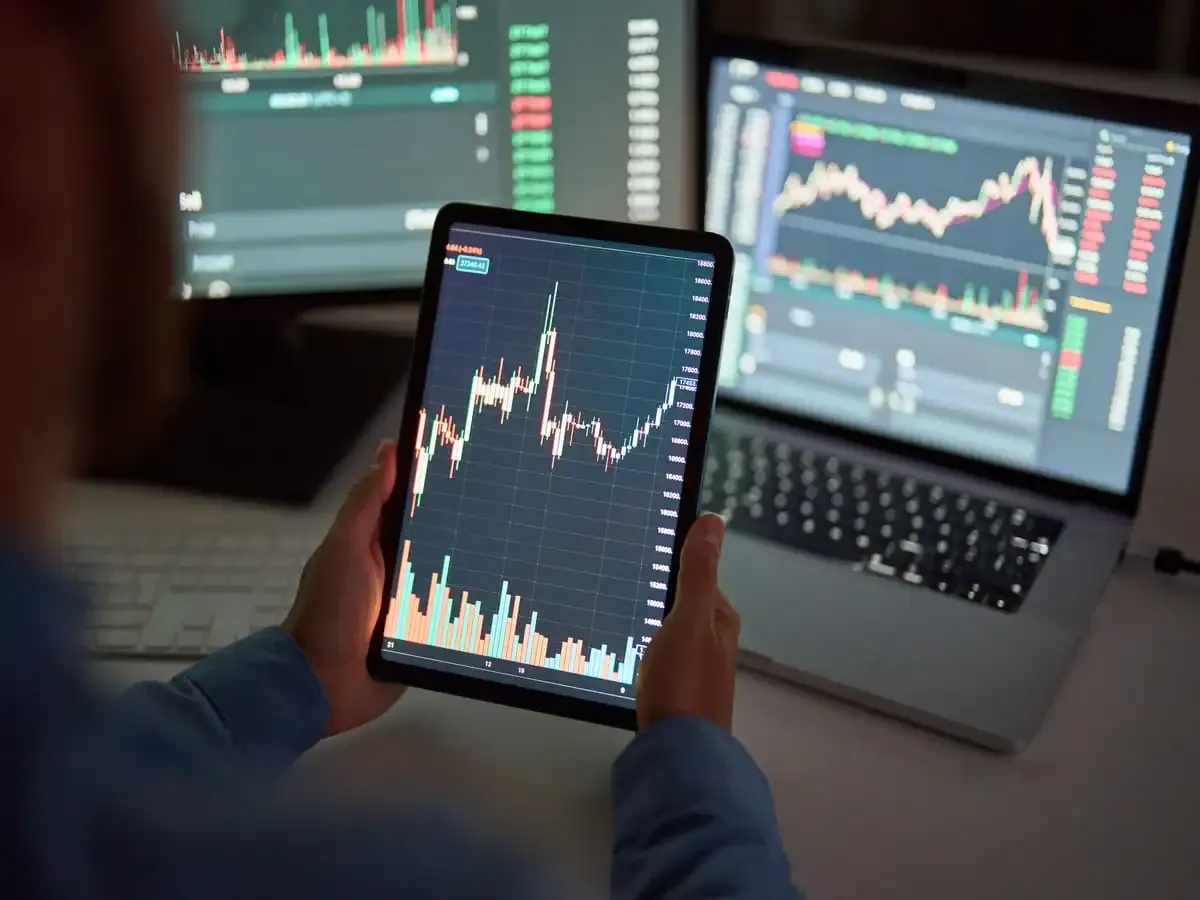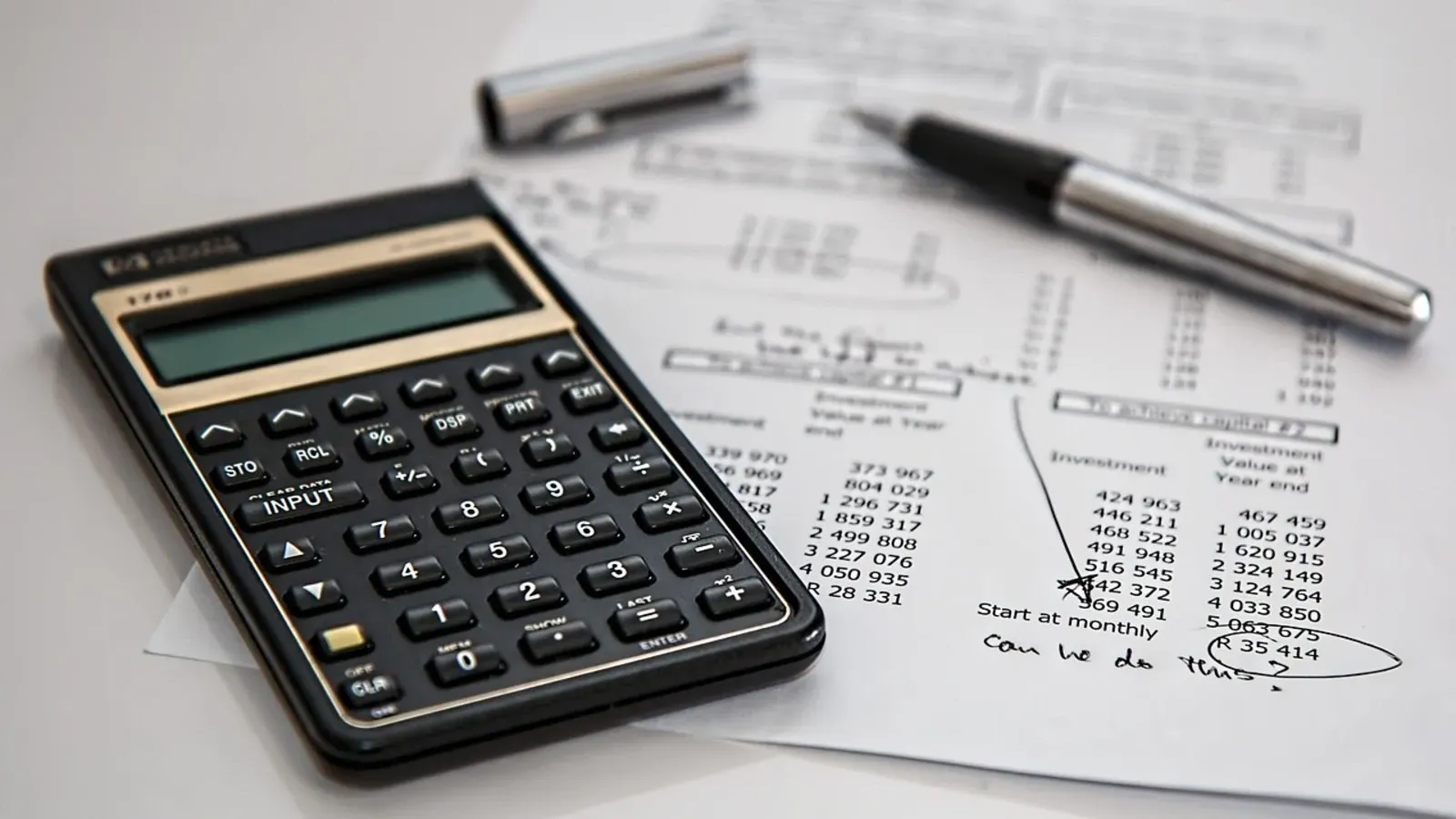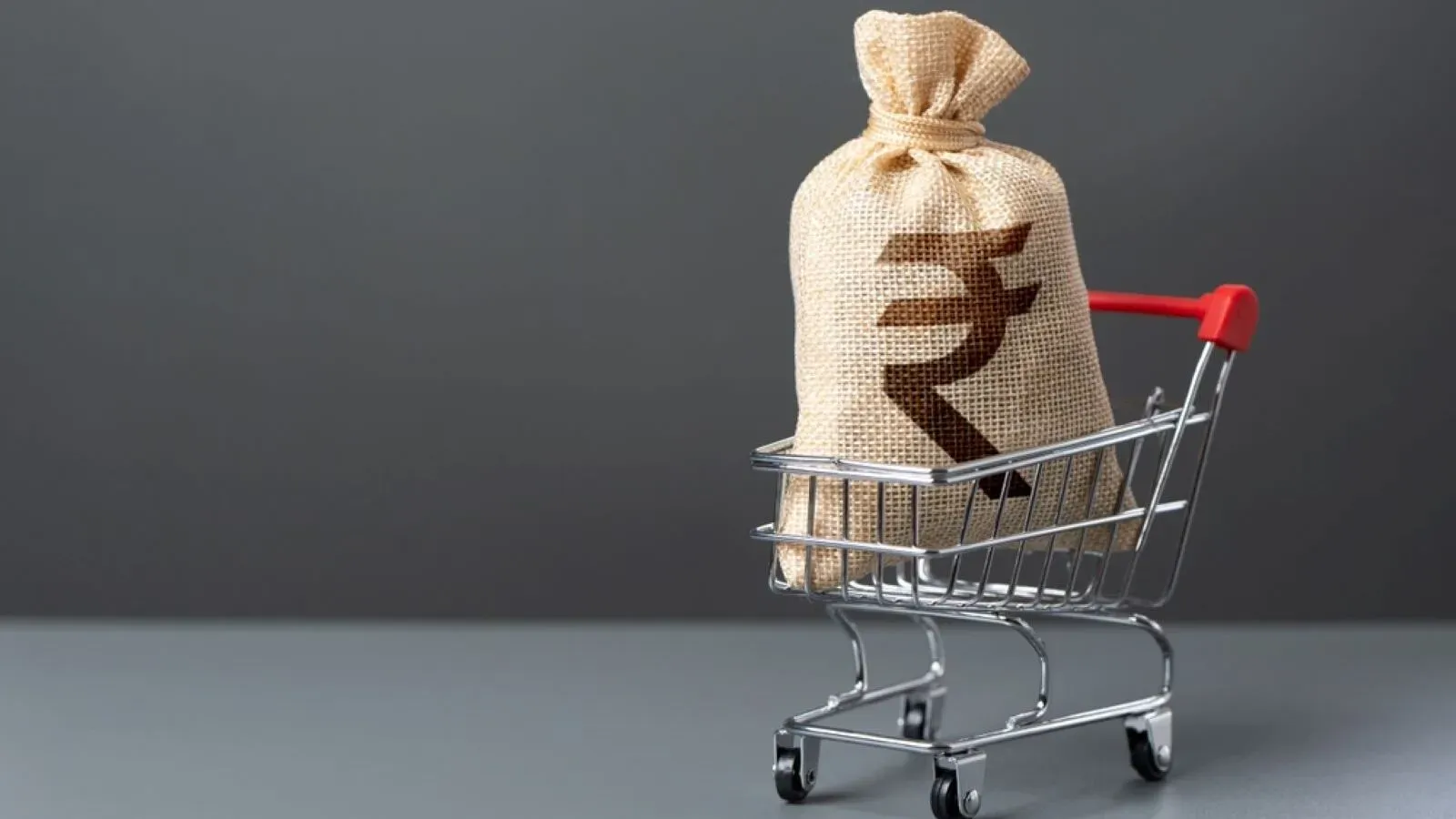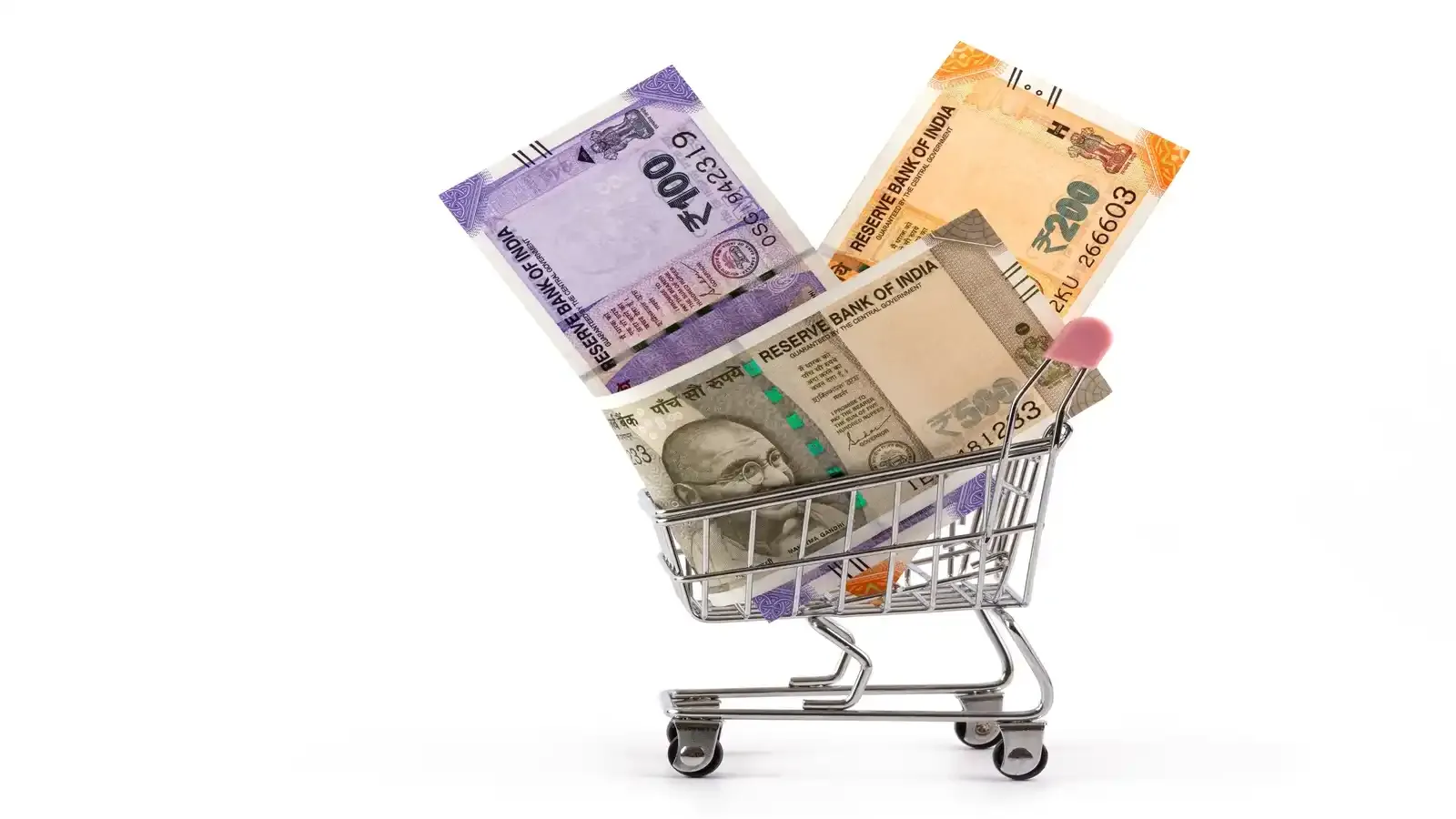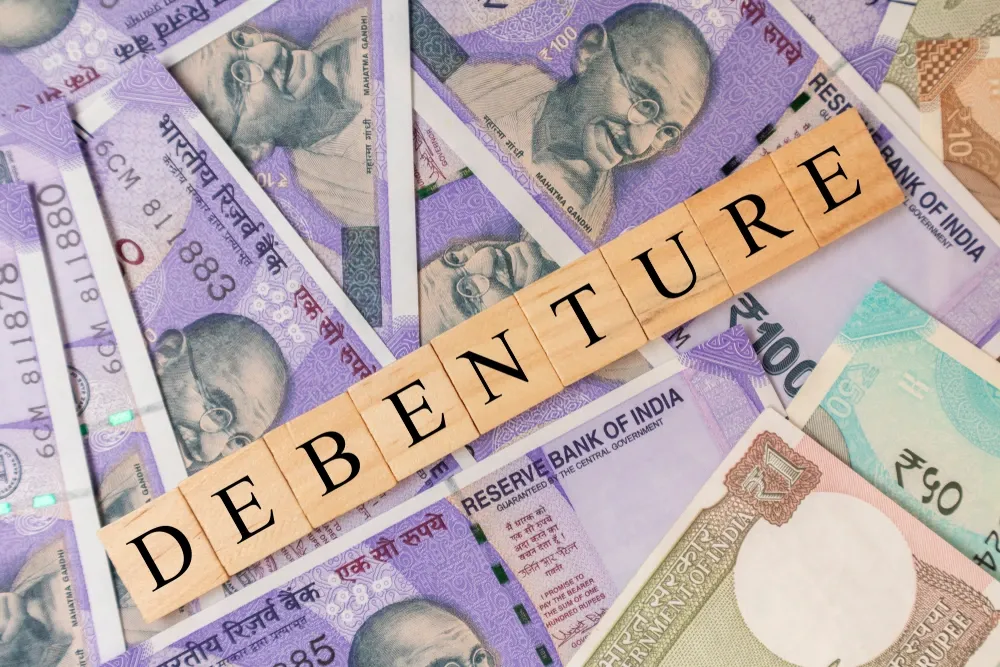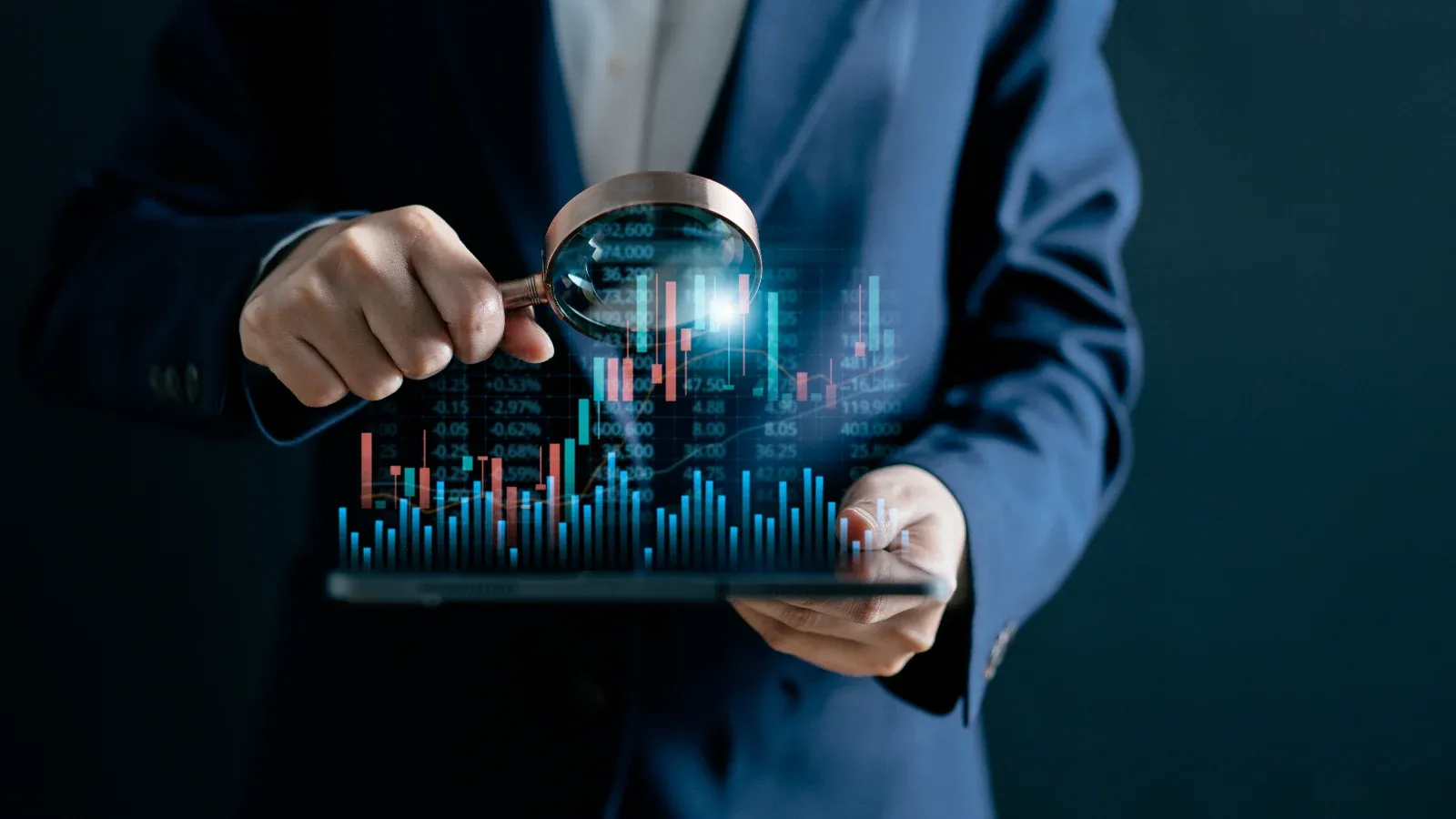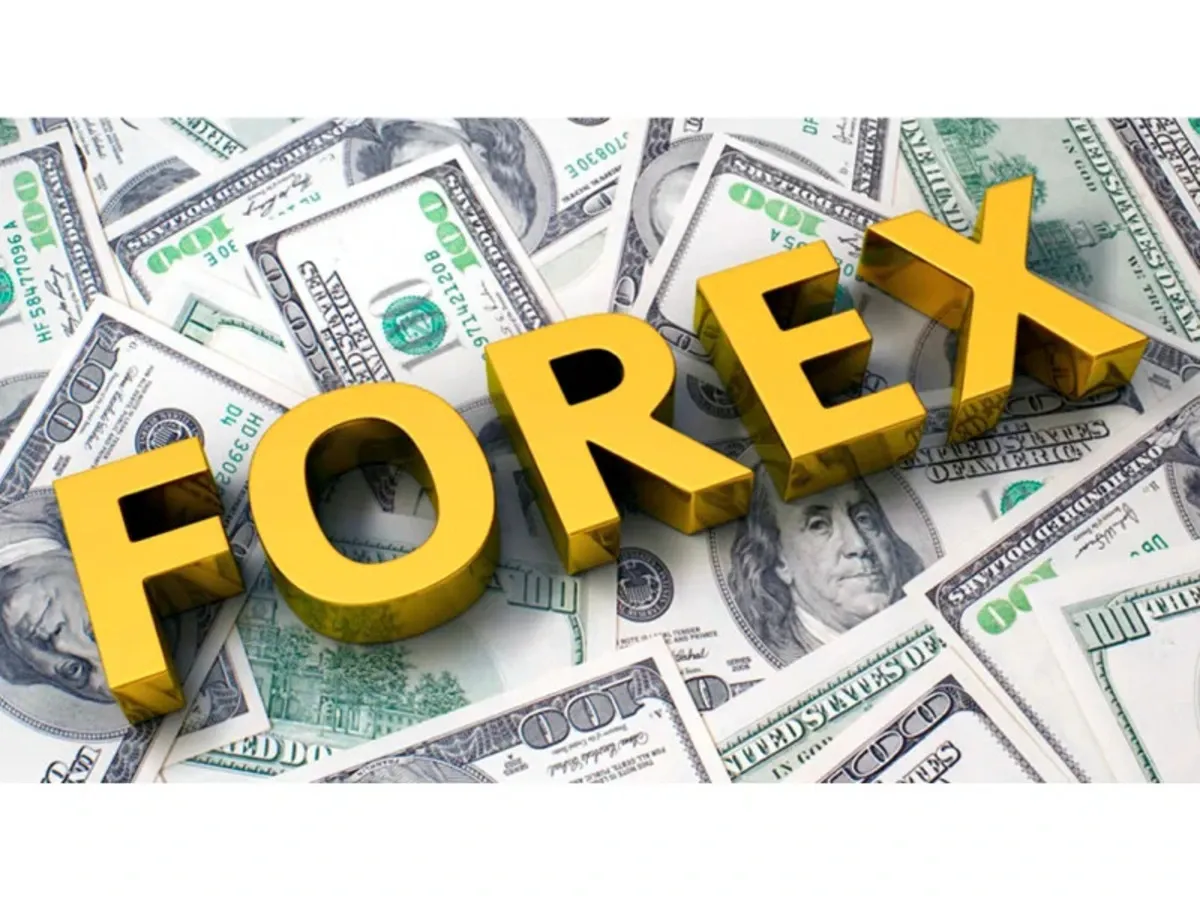Silver Prices Shine Brighter Than Gold: Here’s Why
Written by Dev Sethia
Published on October 24, 2025 | 4 min read

While gold remains on a path to make record highs, silver has quietly taken center stage with one of its most remarkable performances in decades. Often overshadowed by its more pretentious sibling, silver has advanced by nearly 69% from the start of the year, significantly outpacing gold’s rise of 62%.
Opening the year at $28.92, silver has officially risen to a high of $51.07 on October 9, spurred by the strongest of combinations of industrial demand, the U.S.'s monetary policy, and a deepening global supply deficit.
Factors Driving Silver Price in 2025
Industrial Consumption
More than 60% of silver goes into high-growth industries like solar energy, electric vehicles, electronics, and 5G networks. Demand remains strong due to clean energy transitions.
Supply Shortfall
Silver has been in a supply shortfall for five years. Because a large percentage of silver is produced as a byproduct of base metal and gold mining, supply has not kept pace with rising demand.
Investment Demand
Last year, silver experienced increased interest from both retail and institutional investors. Some sovereign wealth funds are even purportedly adding silver to their reserves.
Gold-Silver Ratio
The declining gold-silver ratio indicates that silver is catching up to gold, and some analysts believe it is 'undervalued,' which stimulates additional interest from investors.
Affordability
In India, silver remained a more affordable option for retail shoppers through the 2025 festive season, creating additional domestic demand.
Industrial Demand Powers Silver’s Momentum
Silver's unique status as both a precious metal and an industrial metal is at the heart of its 2025 rally. Over 70% of silver demand around the world comes from industries, with the main drivers being the renewable energy sector, electronics and electric mobility.
Barring any further significant global economic challenges, energy transition policies are already in place for continued accelerated adoption. Many countries are decarbonising and that means increased demand for silver, particularly in the production of solar panels, electric vehicle (EV) batteries and advanced electronics.
The industrial foundation, which is backed by increasing energy transition efforts, is widely referred to by analysts as a long-term driver for silver prices, with the primary objective being the industrial usage. On the other hand, gold derives most of its value based on investment and jewellery.
Fed Policy and the Dollar Connection
Monetary policy has also been a significant driver. The Federal Reserve’s reduction of interest rates by 25 basis points on September 17 spurred the silver rally into a new leg.
The market appears to expect the Fed will cut rates in October at its next meeting if labour market weakness persists. Historically, when the Fed cuts rates, it leads to a weakening of the U.S. dollar, which makes dollar-denominated assets, such as silver, more attractive to global investors
Volatility and Macro Risks Remain
Even with solid advances, market participants should still exercise caution. Silver’s exposure as both an industrial commodity and a precious metal gives it extreme sensitivity to both economic trends and changes in monetary policy.
In the short term, volatility remains an issue, particularly as ongoing geopolitical risks and macroeconomic uncertainty linger. Traders and investors are being urged to continue to hedge silver exposure against broader portfolio risk management.
While the global economy weathers out inflation concerns, clean energy transitions, and potentially rate cuts, silver's unique position in both industrial and investment demand suggests that its run might not be over yet.
Silver’s dual role as an industrial and investment metal, coupled with strong demand and supply constraints, underpins its impressive 2025 rally. Despite potential volatility, its long-term prospects remain bright, especially with continued energy transitions and supportive monetary policies.
FAQs
Why has silver performed so strongly in 2025?
Silver's strong performance is being driven by the strong industrial demand, the Federal Reserve cutting interest rates, and a continued global supply deficit.
How Does Industrial Demand Influence Silver Prices?
More than 70% of silver demand comes from industries like renewable energy, electronics and electric vehicles. This makes the price of silver sensitive to economic growth and clean energy.
What role does U.S. Federal Reserve policy play in silver prices?
Rate cuts from the Fed tend to devalue the U.S. dollar, which leads to higher silver prices as the asset class is more attractive globally.
What is causing the silver supply deficit, and how does it affect the market?
For five years, silver supply lagged behind demand due to limitations on silver supply. Silver is frequently not produced by design, but as a byproduct of mining other metals, indicating a strong floor in price.
What does the declining gold-silver ratio mean?
The declining gold-silver ratio indicates that silver is undervalued compared to gold and likely to outperform in the current environment of strong industrial demand and the silver supply deficit.
About Author
Dev Sethia
Sub-Editor
a journalism post-graduate from ACJ-Bloomberg with over three years of experience covering financial and business stories. At Upstox, he writes on capital markets and personal finance, with a keen focus on the stock market, companies, and multimedia reporting. When he’s not writing, you’ll find him on the cricket pitch
Read more from DevUpstox is a leading Indian financial services company that offers online trading and investment services in stocks, commodities, currencies, mutual funds, and more. Founded in 2009 and headquartered in Mumbai, Upstox is backed by prominent investors including Ratan Tata, Tiger Global, and Kalaari Capital. It operates under RKSV Securities and is registered with SEBI, NSE, BSE, and other regulatory bodies, ensuring secure and compliant trading experiences.


















